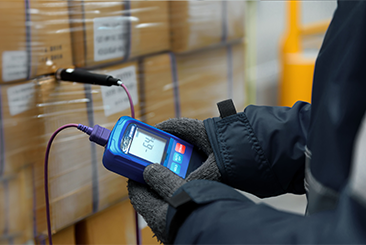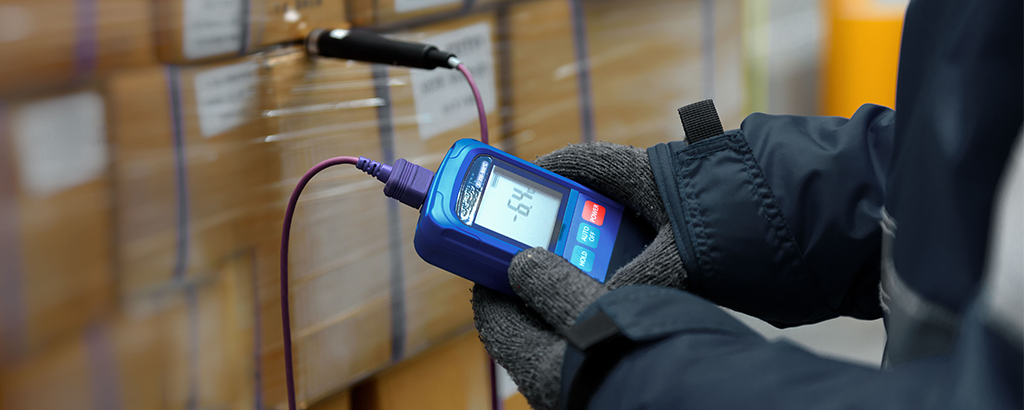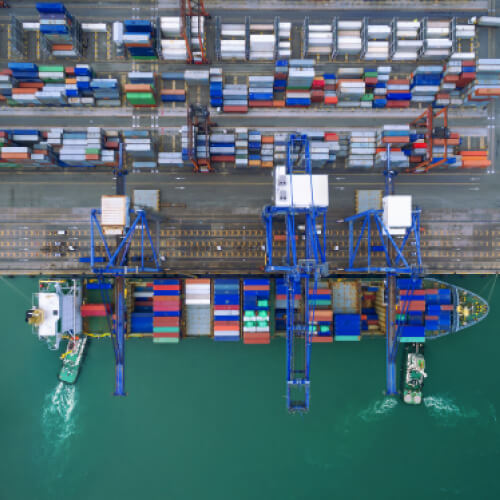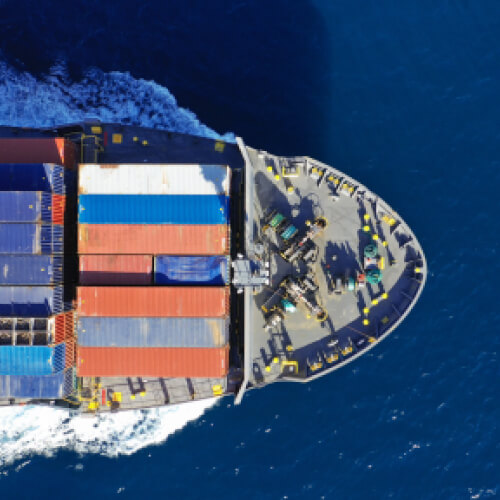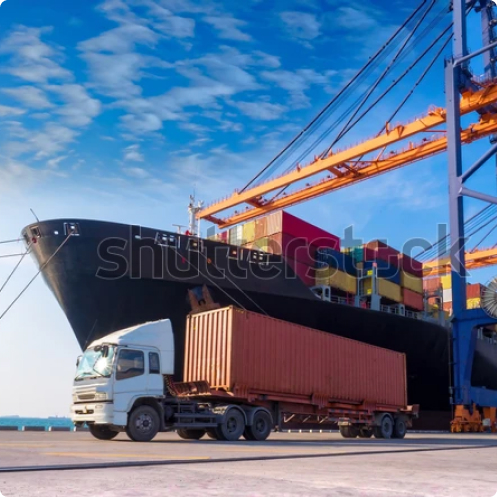The cold chain represents an essential and crucial element in the international shipping industry, as it ensures the preservation and integrity of temperature-sensitive products during long-distance transportation. This chain, composed of a series of coordinated and controlled processes, is designed to preserve the freshness, quality, and safety of the most sensitive items.
Effective cold chain management is fundamental to ensure that these products reach their destinations without undergoing alterations that would compromise their effectiveness and safety. In this article, we will explore in detail what the cold chain is, how it is managed from the perspective of international shipping services, and the regulations that govern its operation.
What is the cold chain and what are its characteristics?
Let’s start with the definition: what do we mean by the cold chain? Part of the answer has already been provided. The term “cold chain” refers to the fundamental and complex system that deals with the proper conservation and management of temperature-sensitive products, such as perishable foods, fresh produce and pharmaceutical products. This process is essential to preserve the organoleptic characteristics, safety, and effectiveness of these goods throughout the entire logistical journey. Below, we will see the characteristics of the cold chain.
Unbroken transport chain
One of the distinctive aspects of the cold chain is the unbroken transport chain. This means that, from the moment of production, through every stage of distribution, to the delivery to the customer, the products must be kept at constant controlled temperatures.
Continuous monitoring
The cold chain requires continuous and careful monitoring (carried out through tools such as thermometers, hygrometers, data loggers and other temperature indicators) to ensure that temperatures remain within established limits. Any deviation from the predefined values could compromise the quality and safety of the products, making constant control and prompt intervention essential when needed.
Temperature control
Temperature control is one of the pillars of the cold chain. To guarantee the maintenance of optimal conditions during shipping and storage, advanced monitoring devices such as sensors and data loggers are used. These tools allow for the detection of any thermal variations and prompt intervention to avoid damage to the products.
Food safety
In the food industry, the cold chain plays a crucial role in this perspective as well. Proper storage of food at controlled temperatures prevents the proliferation of harmful bacteria and reduces the risk of contamination, ensuring that consumers receive safe and high-quality products.
Effectiveness of medicines
In the pharmaceutical sector, adhering to the cold chain is essential to ensure the effectiveness of medicines, especially those sensitive to temperatures. Medicines such as vaccines and biotechnological products can lose their effectiveness if exposed to inadequate temperatures. Therefore, temperature monitoring and management are particularly rigorous and controlled in the pharmaceutical industry.

Management and monitoring of the cold chain
Cold chain management is a complex task involving various stakeholders, such as manufacturers, shippers, logistics service providers, and retailers. Monitoring is crucial to identify potential issues and intervene promptly to prevent damage to the products.
Some key aspects of cold chain management and monitoring include:
- Accurate Planning: Proper planning is essential to ensure that products are transported efficiently, and temperatures are maintained consistently along the entire chain;
- Use of Advanced Technologies: The use of sensors and advanced monitoring devices allows real-time tracking of temperatures, providing valuable data for informed decision-making;
- Training and Education: Personnel involved in cold chain management must be adequately trained to understand the importance of the process and the procedures to be followed;
- Customized Solutions: Each industry has specific requirements, so it is crucial to tailor cold chain management solutions according to the characteristics of the transported products;
- Process Integration: Effective management requires the full integration of processes along the entire chain, from production to distribution.
Cold chain regulations: what to know
Cold chain regulations play a crucial role in ensuring the safety and quality of temperature-sensitive products throughout the logistics process. These rules have been developed to protect consumers, preserve the effectiveness of medicines, and ensure that foods maintain all their nutritional and organoleptic properties. Let’s take a closer look at them.
Food safety standards: HACCP
In the context of food and beverage shipments, one of the most important tools for ensuring safety along the cold chain is the Hazard Analysis Critical Control Points (HACCP) system. HACCP identifies potential sources of contamination and breakpoints in the cold chain to implement preventive and corrective measures. This approach aims to prevent, eliminate, or minimize risks to public health and food safety.
Pharmaceutical regulation
In the pharmaceutical sector, cool chain regulations (that is the term used in this industry) are extremely stringent. Medicines, especially those sensitive to temperature, can lose their effectiveness if exposed to temperatures outside the specified limits. Regulatory authorities have established detailed guidelines for storing, distributing, and shipping medicines, with particular attention to the temperatures maintained throughout the process.
Quality certifications
To demonstrate compliance with cold chain regulations and ensure the highest product quality, many organizations seek internationally recognized certifications. One of the most well-known is the ISO 9001 certification, which attests to adherence to rigorous quality management standards. Additionally, there are specific certifications for the pharmaceutical industry, such as Good Distribution Practice (GDP). Savino Del Bene has obtained both in different countries (the first) and offices (the second), together with many other certifications and authorizations.
Data monitoring and recording
Cold chain regulations often require strict monitoring and recording of data regarding product temperatures during transportation and storage. This data can be used as evidence of compliance with regulations and as a tool to identify potential issues along the chain. The use of advanced monitoring devices, such as data loggers and sensors, has become increasingly common to ensure traceability and data integrity.
Conclusion
In conclusion, only through effective cold chain management can companies ensure the integrity of their products. The continuous evolution of technologies and management practices makes the cold chain increasingly reliable and efficient, especially for international shipments. Are you looking for a reliable shipping service for your perishable products? Get in touch with the professionals at Savino Del Bene.

